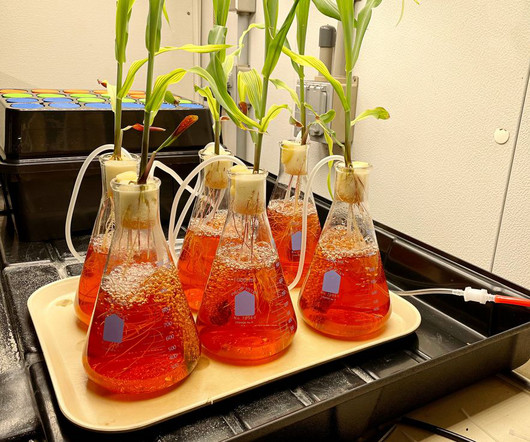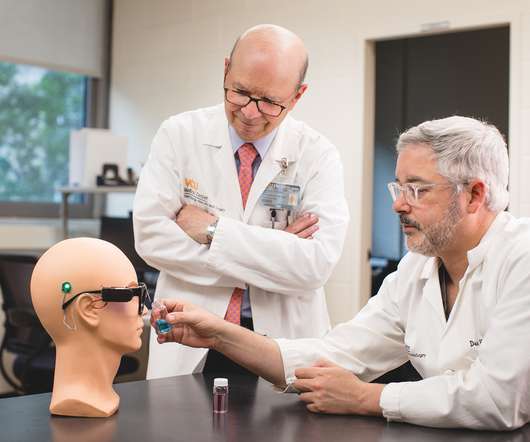LLNL 3-D printed biocatalytic polymer turns methane to methanol at room temperature and pressure
Green Car Congress
JUNE 15, 2016
Using particulate methane monooxygenase (pMMO), the researchers created a biocatalytic polymer material that converts methane to methanol. The enzymes retain up to 100% activity in the polymer construct. Remarkably, the enzymes retain up to 100 percent activity in the polymer. a) Schematic of PEG-pMMO hydrogel fabrication.










































Let's personalize your content